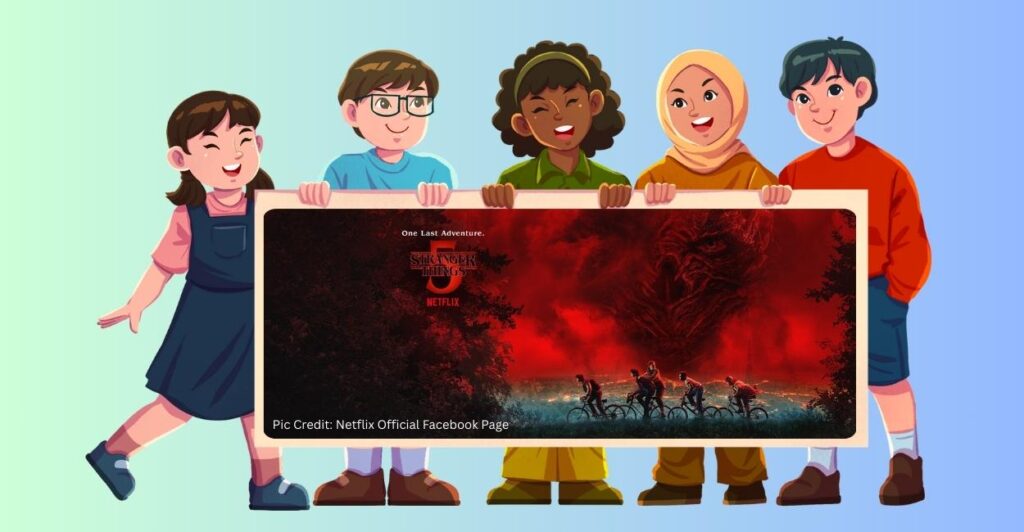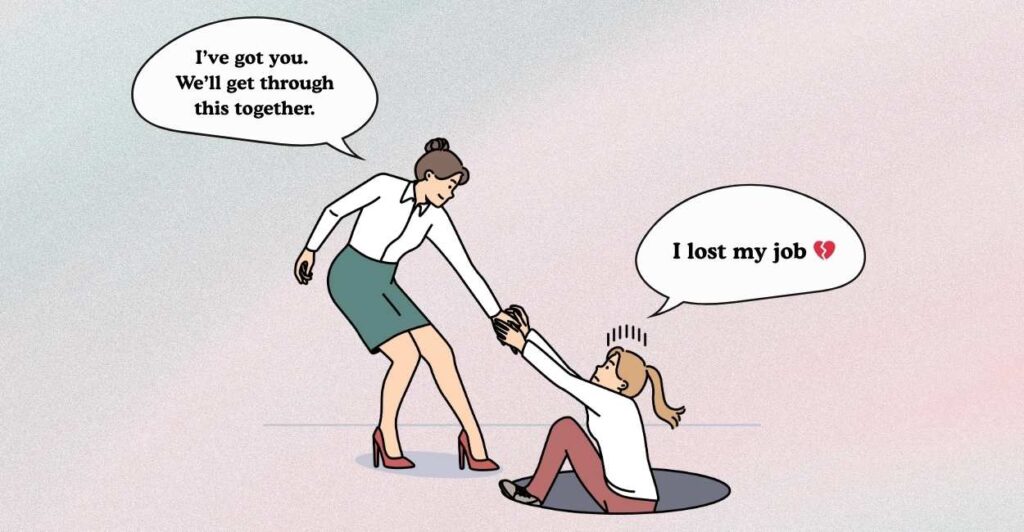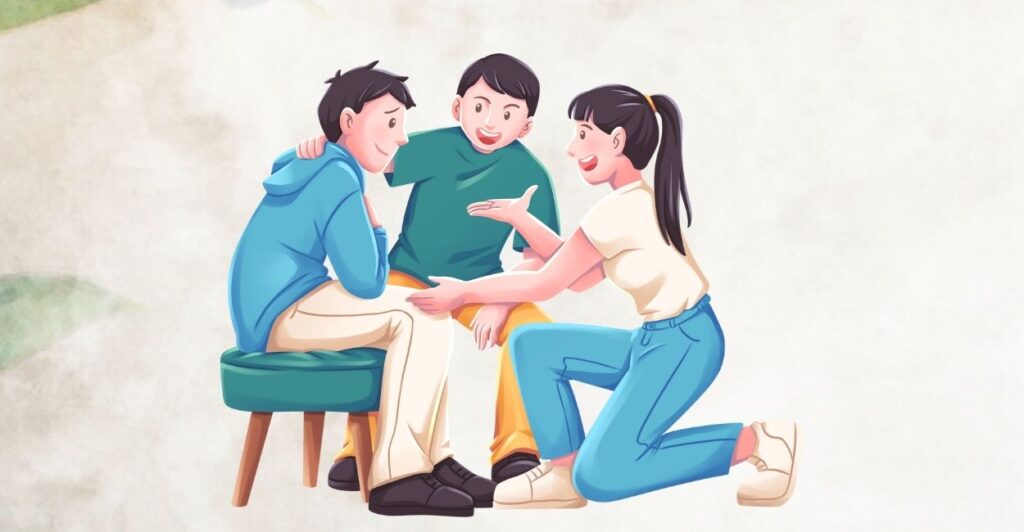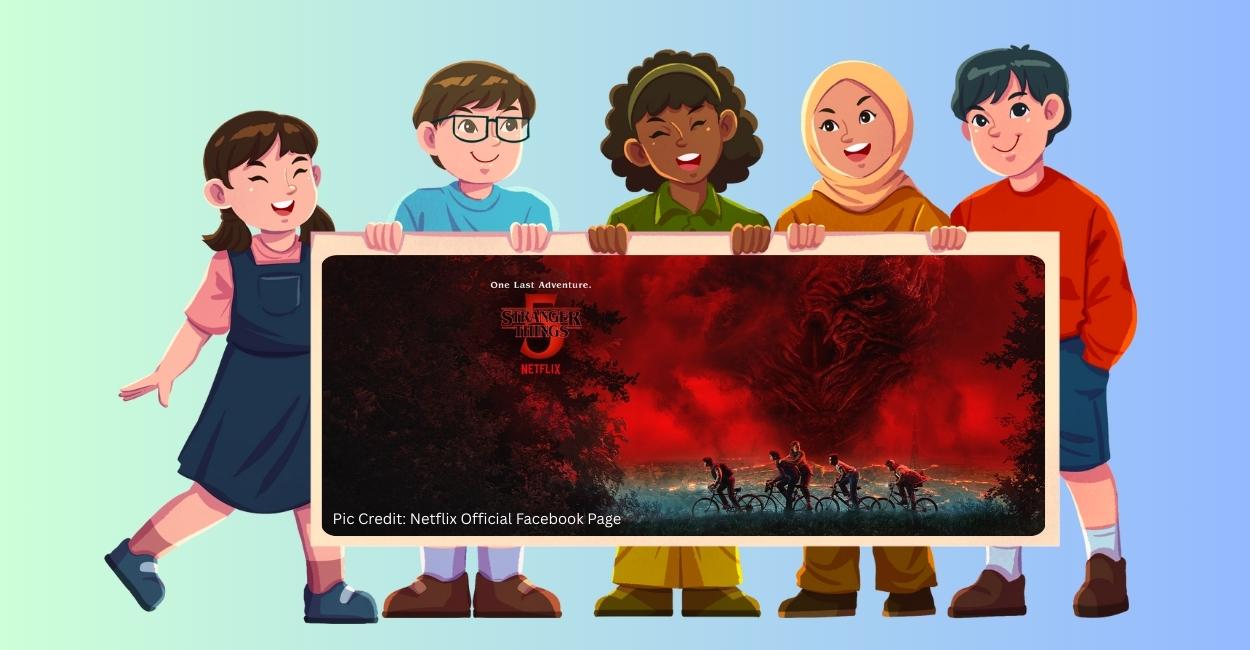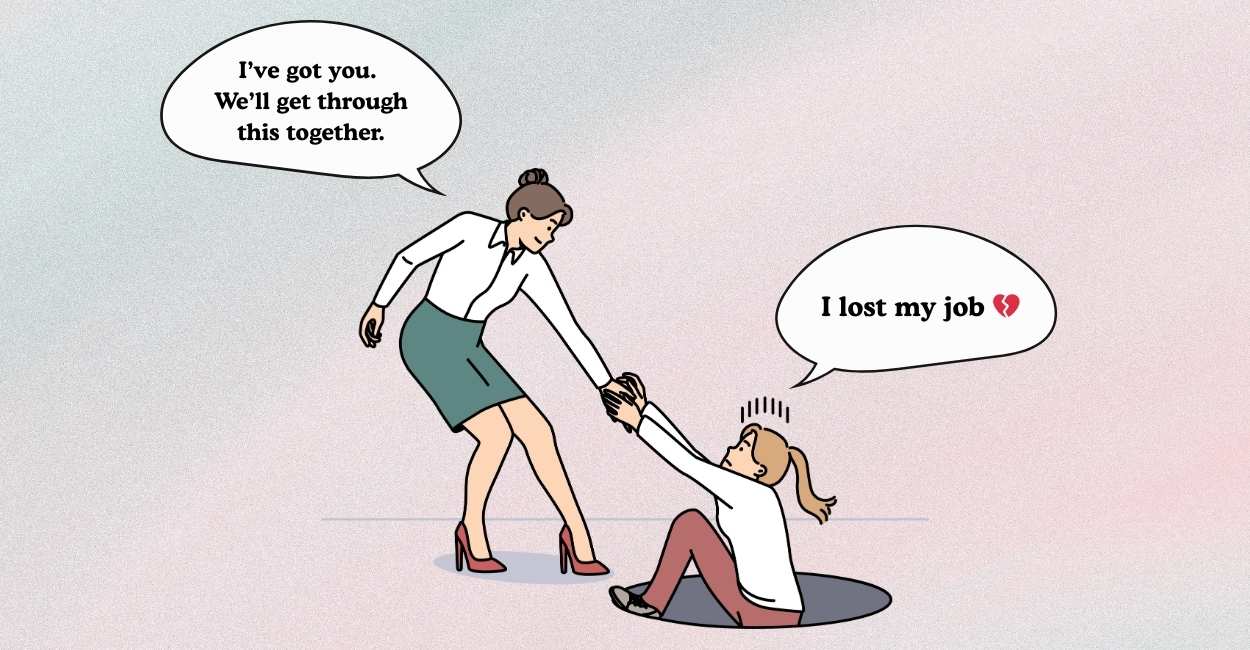How To Know If You’re the Problem in A Friendship – 15 Signs

Been having friendship problems for a long time? Do you think, “Is it me? Am I the problem?” Then let us help you along by answering the question—How to know if you’re the problem in a friendship?
Friendships enrich our lives, give us a sense of belonging, and boost our mental health. But if drama and trouble have been following you when it comes to friendships, then instead of blaming others, it might be wise to look into the mirror first and find out whether you have any red flags that you might be unaware of.
Ways on How to Know If You’re the Problem in A Friendship
Let us explore the signs to find out whether you really are a problem in a friendship.
1. You are needy and cling too much for emotional support
True friends rely on each other for advice and support. While it might be difficult to figure out whether you are always needy, if you constantly ask others for solutions to your problems or look up to your friends to fulfill your needs and weaknesses, then you may be the needy one.
We all need someone to vent out to and rant to. However, it is important to remember that your friends are not your therapists and may not have answers to all your questions. You need to be considerate of their emotional needs, too, and ask them for their permission before venting out your negative feelings.
2. You keep criticizing your friends
A good friend suggests changes in us and gives tips when needed. Honest and helpful feedback from friends could help you a lot. But when the criticism gets too hard to handle for the other person, that is a sign of a toxic friendship.
If you constantly berate a friend about their choice of clothing or partner or major, what they’ve decided to study, how they cook, or the way they speak to others, then you might be a toxic friend.
3. You keep on getting involved in drama
Having drama and arguments in a friendship from time to time is quite common. However, if the drama is following you wherever you go, then, my friend, you might be causing it!
Arguments, debates, and conflicts are common in friendships, but you need to dig deeper if you keep on having them with every friend of yours.
4. You have high standards
Every person has different expectations from a friend. Spending time, doing an activity together, and supporting each other might be a few of the expectations that we have from friends.
Instead of accepting the differences, if you get passive-aggressive or distance yourself from them, then you might be the toxic person in this friendship. You may have control issues that you need to keep in check.
5. You end friendships too soon
Not all friendships last forever. Every friendship goes through ups and downs, and you might outgrow a friendship leading to its end. But if almost all your friendships end too soon because of reasons such as having arguments or shutting them out, then it’s time to introspect.
Fighting and arguments are frustrating. It is important to have honest conversations with friends and find solutions together.
6. Your friendship circle keeps changing
You might have moved to a new city or started a new hobby—these could be some of the reasons for your changing friend circle. But if you see this happening every few months or years, there could be an issue.
Healthy friendships pass the test of time and distance. Keeping in touch with old friends while making new ones is of utmost importance.
7. You break promises
Constantly breaking promises that you have made and letting others down is a big red flag. Commit to things and make reasonable promises.
8. You make conversations about you
Friends are a safe space to vent out and share your issues, but if you constantly turn conversations to yourself and make it about you, it could be off-putting to others.
9. You pressure your friends to do things in the name of friendship
“I’m your friend. Won’t you do this much for me?”—If you find yourself saying this very often to your friends, you are not only sending them on a guilt trip but also being a bad friend. Making them feel bad about something they are not able to do for you is not cool.
10. You get jealous of your friends
Are you truly happy when your friend is happy or achieves something? If the answer is no, you might be jealous of them. Clinical psychologists consider jealousy as a feeling that is evoked when someone is better off than you.
11. You let your friends make bad decisions
Are your friends in toxic relationships? Are they making bad financial decisions? If the answer is yes, and you are not doing anything about it, signs are that you are a bad friend. As a friend, you need to tell your friends about the bad decisions they are making. Whether they act upon it or not is their choice.
12. You offer unsolicited advice
Helping is great, but giving advice that nobody asked for is not so great! Most of the time, people just want to be listened to and not lectured about.
13. You gossip about friends behind their back
Sharing things that someone told you in confidence and talking about friends behind their backs is a red flag behavior.
14. You don’t show up when they need you
If you cancel plans when you’re not in the mood to, if you don’t show up when your friends need you the most, if you don’t offer your shoulder when someone needs it—all these are behaviors that you need to look into and introspect.
If you cancel plans when you’re not in the mood to, if you don’t show up when your friends need you the most, if you don’t offer your shoulder when someone needs it—all these are behaviors that you need to look into and introspect.
Alongside this, if you’re always late, cancel plans at the last moment, don’t return calls or texts, or drop plans because you found someone better to hang out with—then you might be a toxic friend.
15. You complain or get upset when things don’t go your way
If you constantly get upset when people don’t do what you say or when things don’t go your way, it is time for a self-check! Getting upset is absolutely fine, but getting upset over every small thing is not healthy.
Parting Thoughts
Several signs might suggest that you are not a good friend, but if you are reading this article, it is a positive sign! You can work on yourself and your friendships and make them more meaningful.
Honest and open communication will make your friendships more secure, and you can tackle the issues concerning the friendship in a healthier way.


